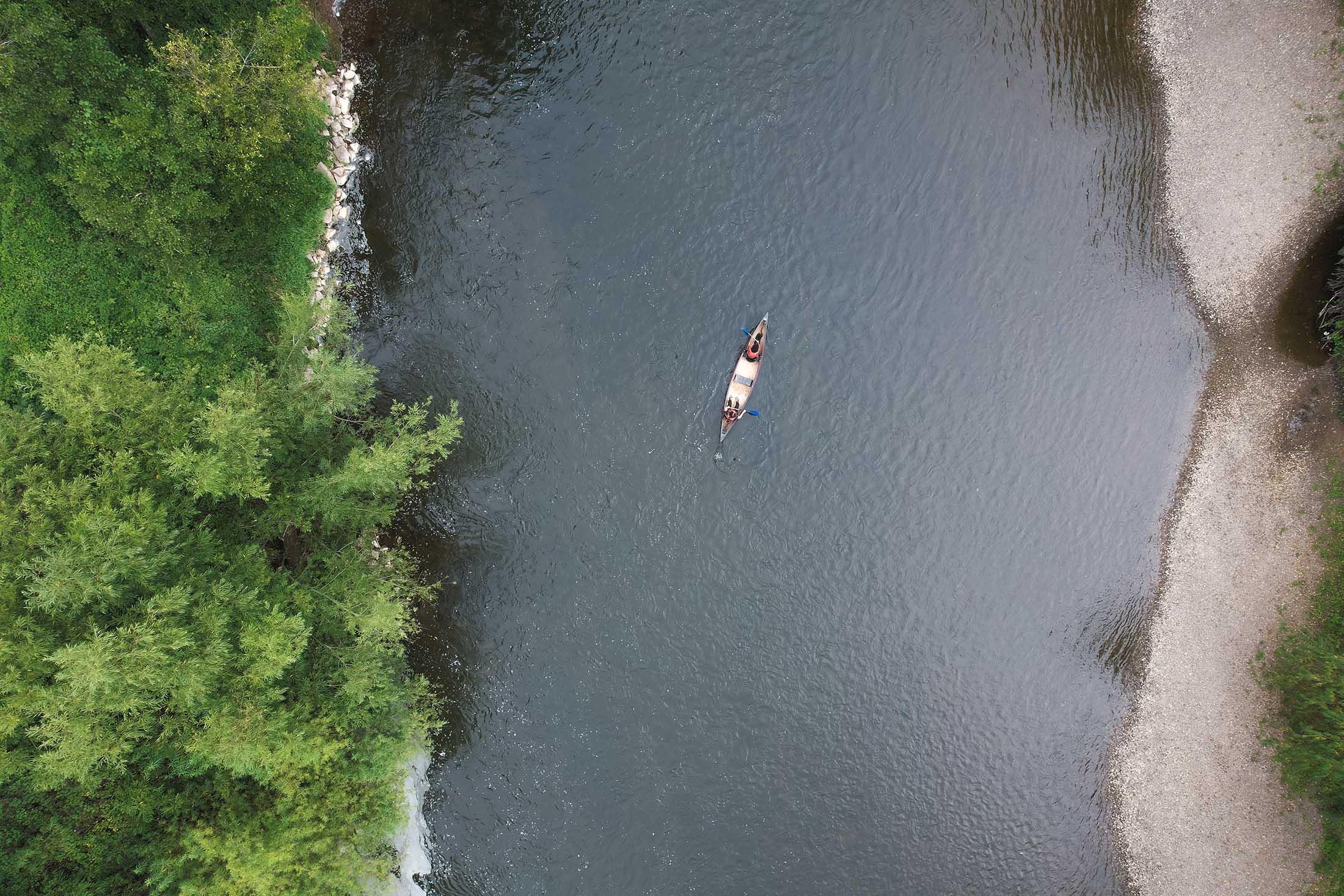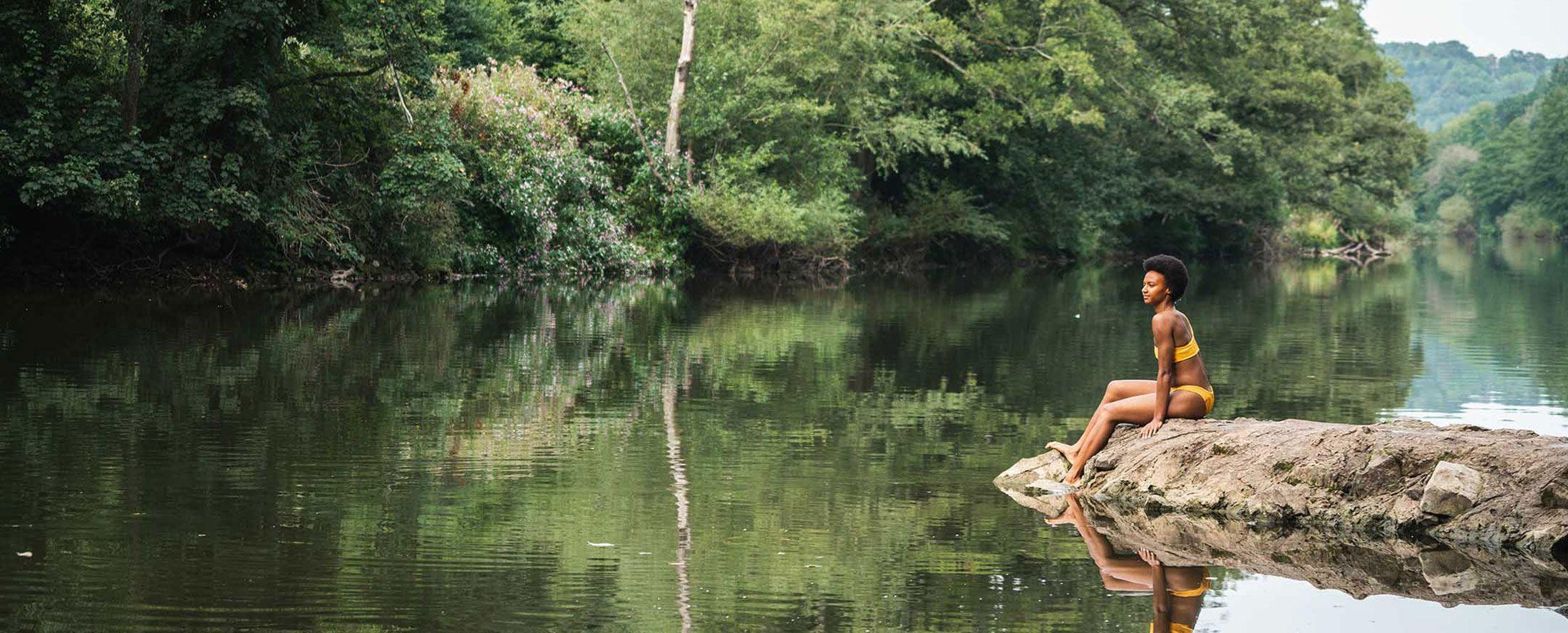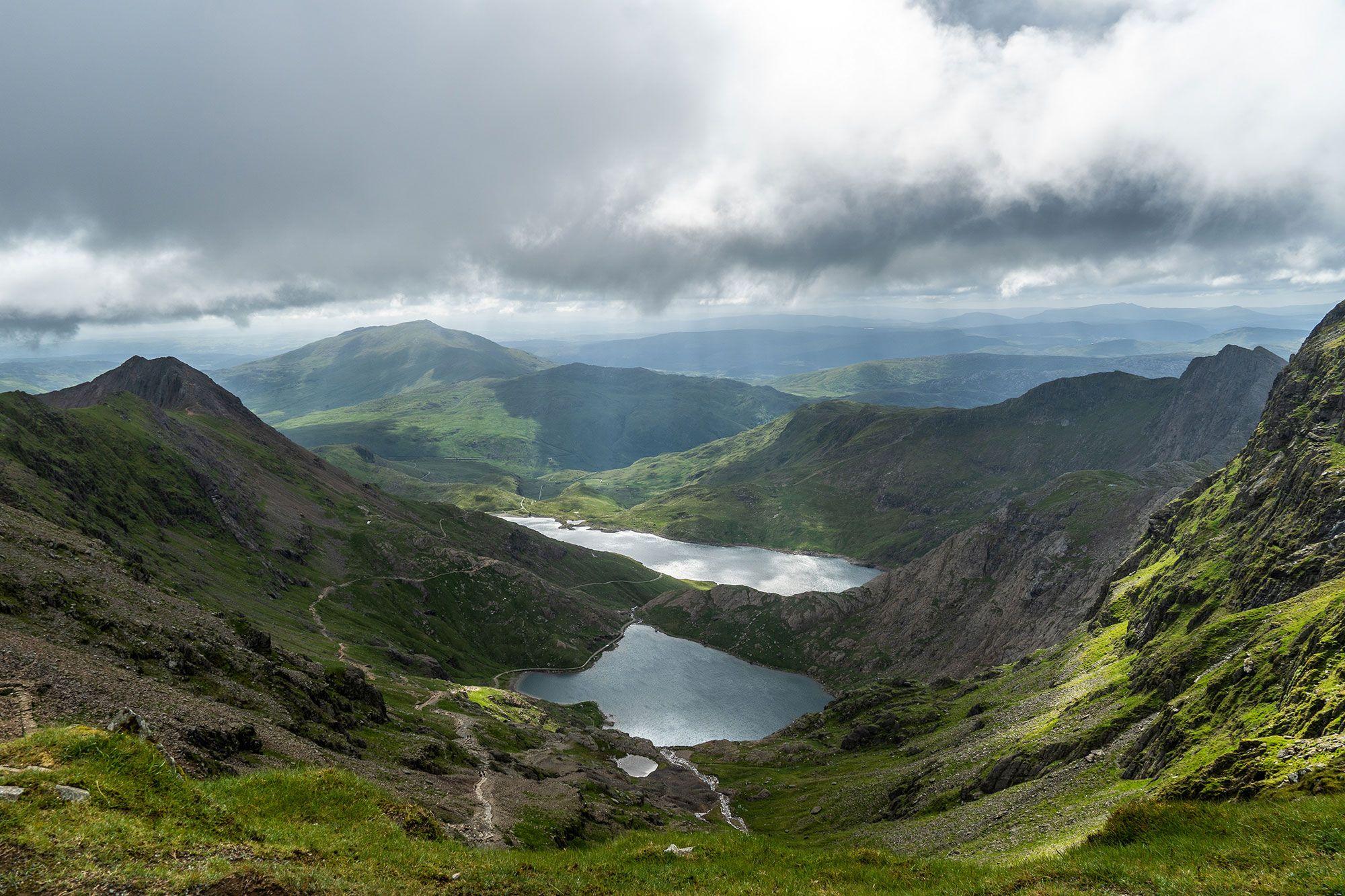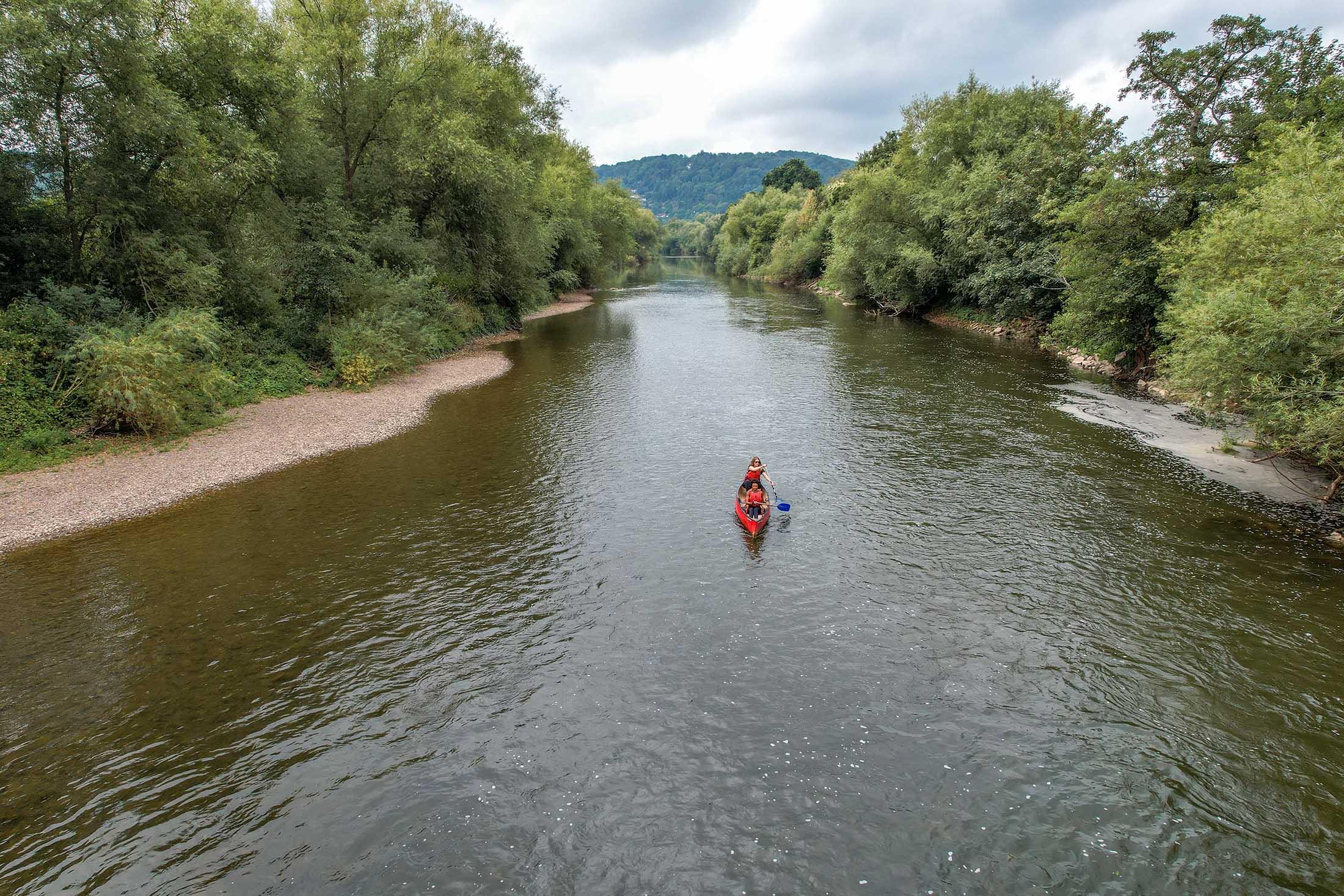- Location
Featured National Parks
- Glamping
- Stories
- Gift Cards
- About us
About Canopy & Stars
More from Sawday's
Washing away stress
Journalist, nature writer and author of Losing Eden Lucy Jones on how the sound of water is good for our mental health.
Before I began researching the relationship between the natural world and human mental health for my book Losing Eden, I found myself obsessively returning to one stretch of river near where I live in Hampshire, England. Yes, it is beautiful: clear as gin, winding through the countryside, home of kingfishers, caddisfly larvae, trout, damselflies, watermint. Yes, it is an ecological marvel: chalk streams are extremely rare, with 85 per cent of the world’s found in the UK, and a habitat for all kinds of diverse species. But what I really found so restorative was sitting on a mossy bend with a small waterfall area, listening to the sound of the water whooshing past, the bird song in the trees and the skylarks letting rip in the field behind.
Whenever I sit by this river, I find it hard to draw myself away from this spot, for the sound of the river is entrancing. Afterwards, I feel calm and peaceful, as many of us do next to water. It’s why people choose to listen to water sounds - flowing rivers, raindrops or waves - to aid sleep. Rivers are ecosystems, places of life and multi-species ecologies. They are aurally immersive, dynamic and can provoke feelings of wellbeing and relaxation. But why would this be? Research suggests that rhythmic sounds, such as river water against stone, are meditative and soothing. Dr. Orfeu Buxton, an associate professor of behavioural health at Penn State University, says that this could be because gradual, lulling sounds are perceived by the human brain as non-threats. "It's like they're saying: 'Don't worry, don't worry, don't worry.'" Nature sounds have also been found to trigger the parasympathetic nervous system, associated with rest and relaxation, rather than fight-or-flight.

Of course, it would make sense that natural features like rivers, which humans lived alongside over our evolutionary history, would be in some way appealing. We evolved in a world where the presence of rivers was crucial to survival, and the sound of water trickling would have signalled the likelihood of crucial resources. When I sit by my favourite river, my brain may be responding to an ancient cellular memory.
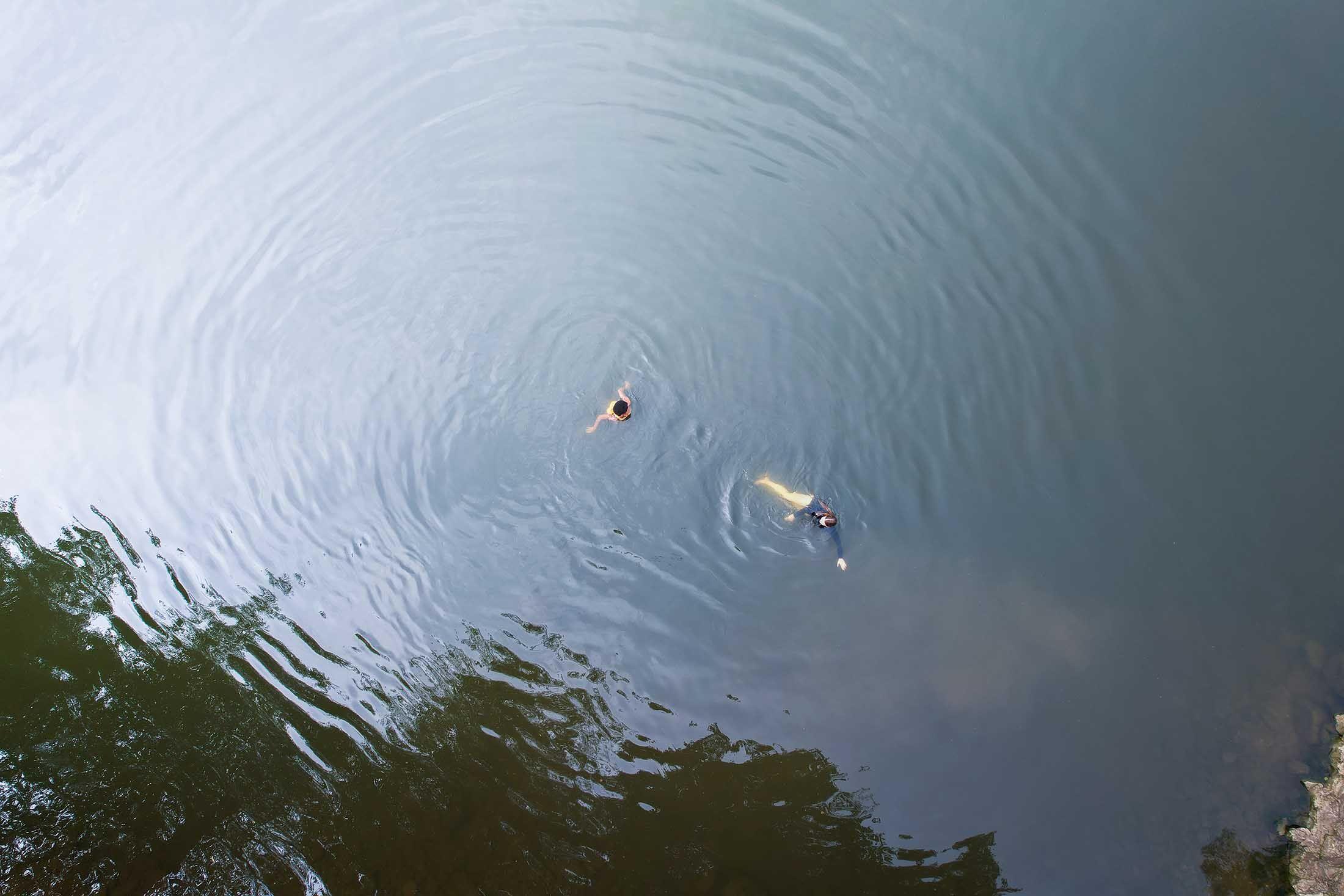
Recently, it feels like our relationship with water has become, quite literally, toxic. It's hard to talk about rivers and wellbeing without thinking of the poor health of so many waterways in the UK. Rivers have become dumping grounds for polluters and tarnished by the output of our daily lives. Unless proper protection is instituted, the damage will continue. We can’t thrive without a healthy natural world: our wellbeing is interlinked, as the health benefits of river sounds suggest. Nature has cared for us for millennia. If we want to keep drawing on those benefits, we need to show a little love in return.
